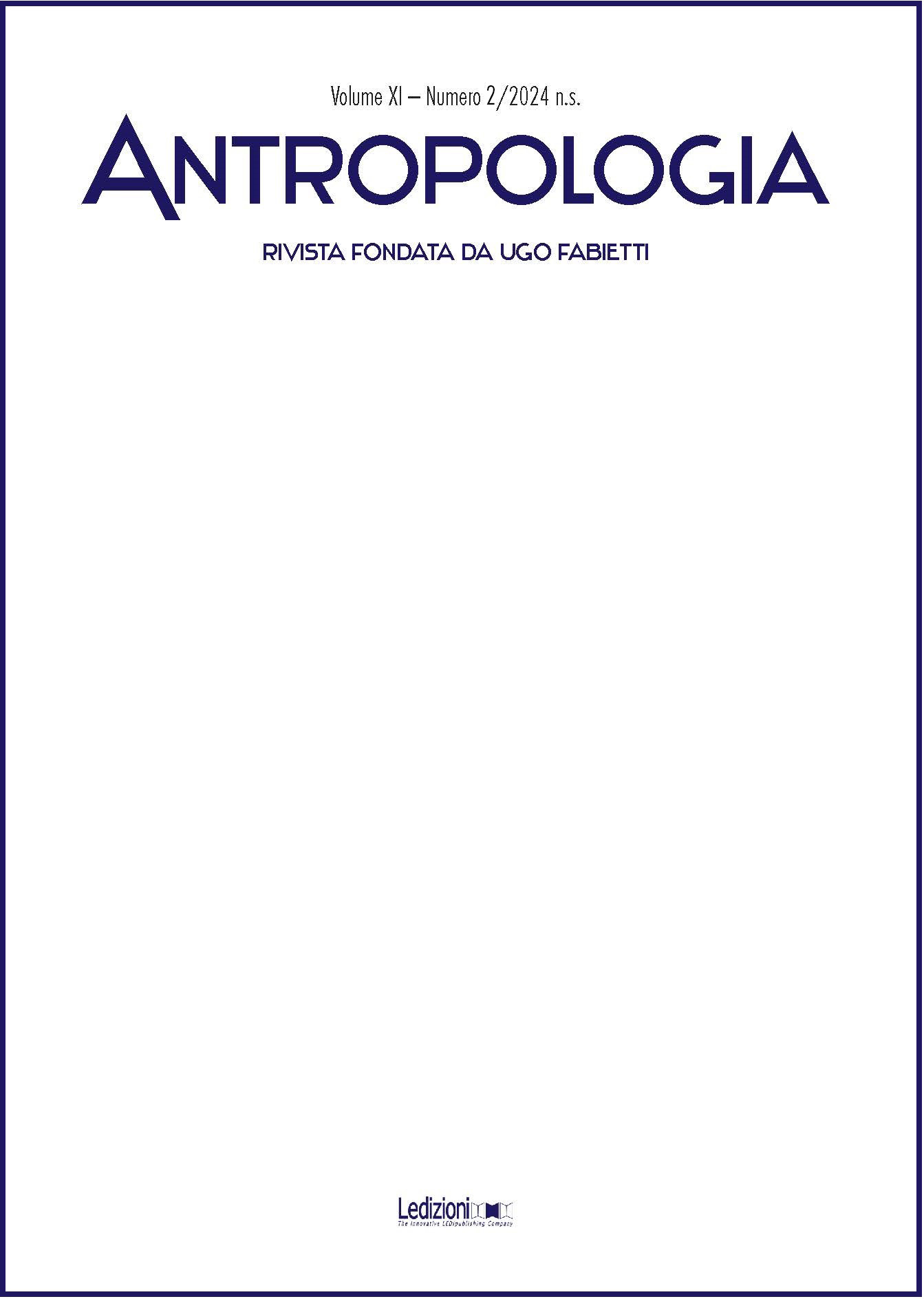Dancing Power in Porto-Novo: the Adjògàn between Royal Court and Catholic Church
DOI:
https://doi.org/10.14672/ada20242pp91-100Keywords:
Anthropology of dance, Adjògàn, Porto-Novo, Rite, Catholic ChurchAbstract
Considered the “traditional” dance par excellence of the royal court of Porto-Novo, the adjògàn owes much of its political and identity relevance to its performance nature and celebratory function. Assuming the role of promoter of the new instances which swept through Porto-Novian society during the 20th century, the dance engaged itself between continuity and change. In continuous and open dialogue with new players in the political, social and religious spheres, the adjògàn finally involved also the Catholic Church. Based on fieldwork materials, the article analyses the changes in rhythm over time, noting its constant expansion towards spaces dedicated to the celebration of power. Thus, the adjògàn emerges as an aggregator and negotiator of meanings capable of coexisting within a socio-political context full of tensions.
Downloads
Published
Issue
Section
License

This work is licensed under a Creative Commons Attribution 4.0 International License.
Authors maintain the copyright of their original work and grant the Journal the right to first publication, licensed after 36 months under a Creative Commons Licence – Attribution, which allows others to share the work by indicating the authorship and first publication in this journal.
Authors may agree to other non-exclusive licence agreements for the distribution of versions of their published work (for example in institutional archives or monographs) under the condition that they indicate that their work was first published in this journal.



